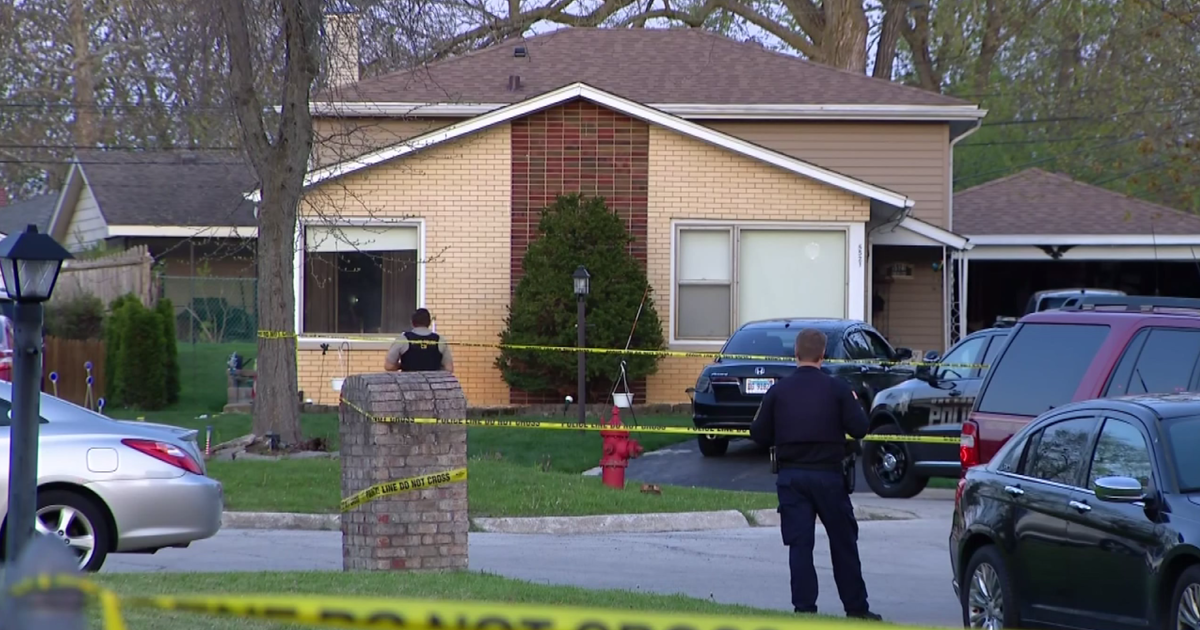Law Enforcement Leaders Come Out Against Medical Marijuana Bills
CHICAGO (CBS) -- Law enforcement leaders banded together, announcing their position at the International Association of Chiefs of Police conference at McCormick Place that medical marijuana bills are bad bills.
As WBBM Newsradio's Michele Fiore reports, Illinois House Bill 30 would allow medical marijuana users to drive a car six hours after smoking a joint.
LISTEN: WBBM Newsradio's Michele Fiore reports
Podcast
Former head of the Drug Enforcement Administration Peter Bensinger argues that's a bad decision. He points to a Stanford University study on pilots who smoked one joint at 2 percent purity.
Bensinger says after one hour, pilots missed their mark by 12 feet when sober. One hour after smoking a joint, they missed the mark by 32 feet and after 24 hours, pilots continued to miss their mark by 24 feet.
Bensinger says that's marijuana stays in a person's system longer than alcohol, which tends to leave at a rate of one drink per hour.
Further, Bensinger adds, smoking is bad for us, so why encourage it when there are pills like Marinol that can treat nausea and vomiting associated with chemotherapy.
Bensinger also asks, if voters said they wanted to legalize heroin or cocaine because it made them feel good, would lawmakers do it? He says for matters involving public health, the U.S. Food and Drug Administration should decide.
"People call it whatever they like, but it's not medicine," Bensinger said. "The Food and Drug Administration decides what's medicine. They've decided, repeatedly, it doesn't qualify."
John Kennedy, of the Illinois Association of Chiefs of Police says he believes traffic accidents would increase if the bill were approved.
"A zero tolerance for marijuana, or any other impairing drug for all drivers, is the best way to keep our highways and roads safe," he said.



